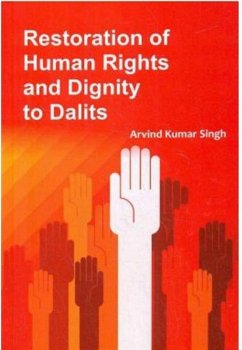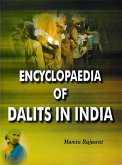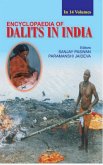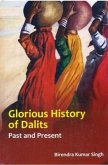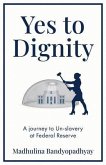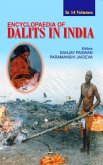Discrimination, deprivation, exclusion and exploitation are endemic to every society, which leads to frustration, anger and aggression. Those who are subjected to injustice and oppression tend to rebel and revolt. These reactions culminate in assertion which give rise to people's movements. But social movements are not an everyday phenomenon. Discrimination and deprivation always do not lead to protest and aggression. Only when people become conscious of these inequalities and injustices and mobilise and organise themselves to struggles against those who subject them to servitude and bondage, people's movements takes place. Moreover when the disadvantaged and the downtrodden see that another alternative is both possible and viable they try to overthrow the existing social order. The question of Dalit Human Right is not just a matter of addressing the atrocities, but at large it corroborates to the affirmation of land rights of Dalits, resisting the forces of globalisation, communalism, casteism, patriarchy and so on. This paves the way for collective action. Collective action leading to people's movements results in social change. This is the ethical course of addressing Dalit human rights.
Dieser Download kann aus rechtlichen Gründen nur mit Rechnungsadresse in A, B, BG, CY, CZ, D, DK, EW, E, FIN, F, GR, HR, H, IRL, I, LT, L, LR, M, NL, PL, P, R, S, SLO, SK ausgeliefert werden.

